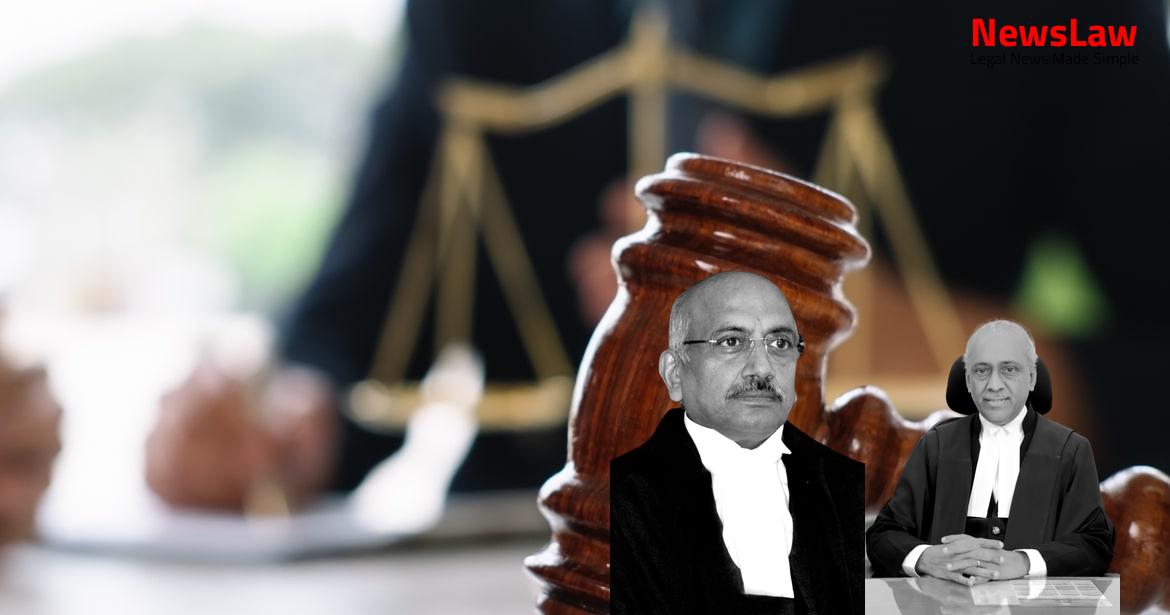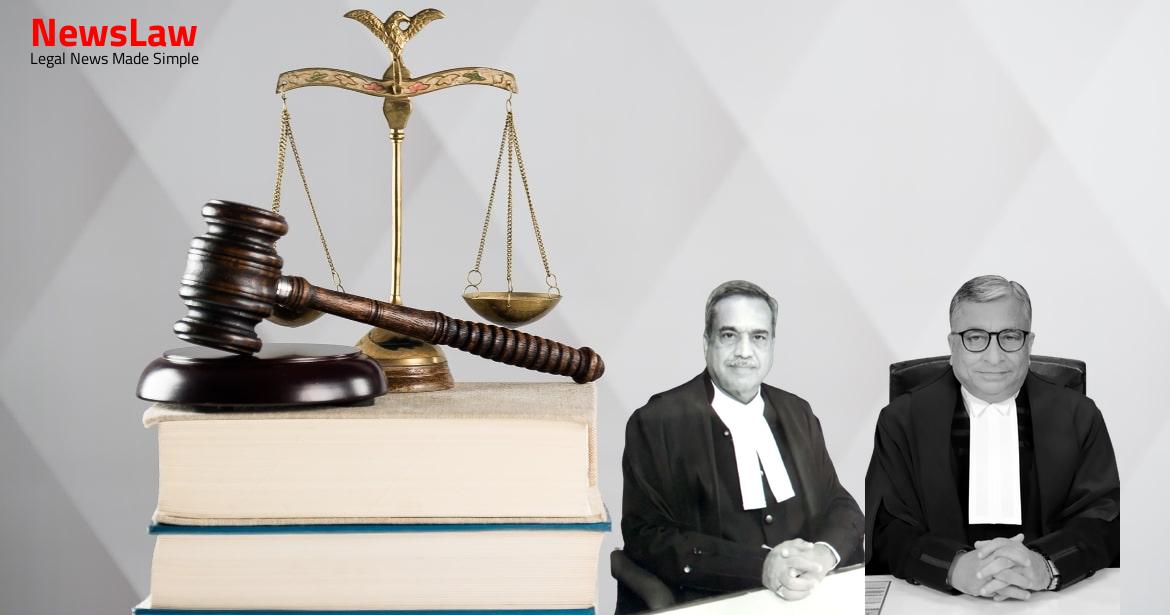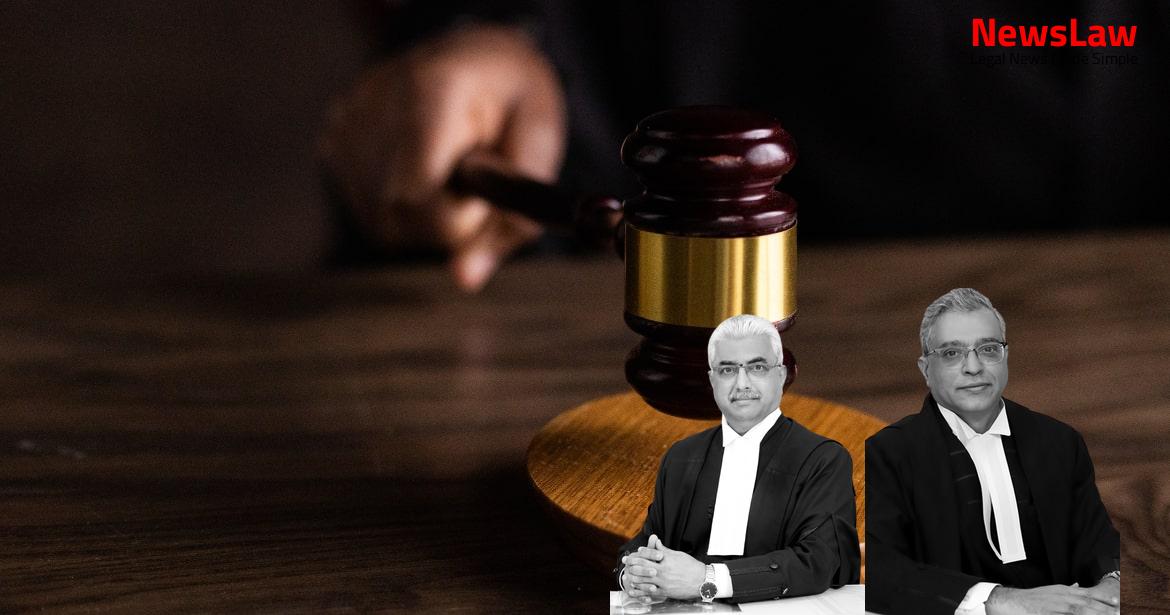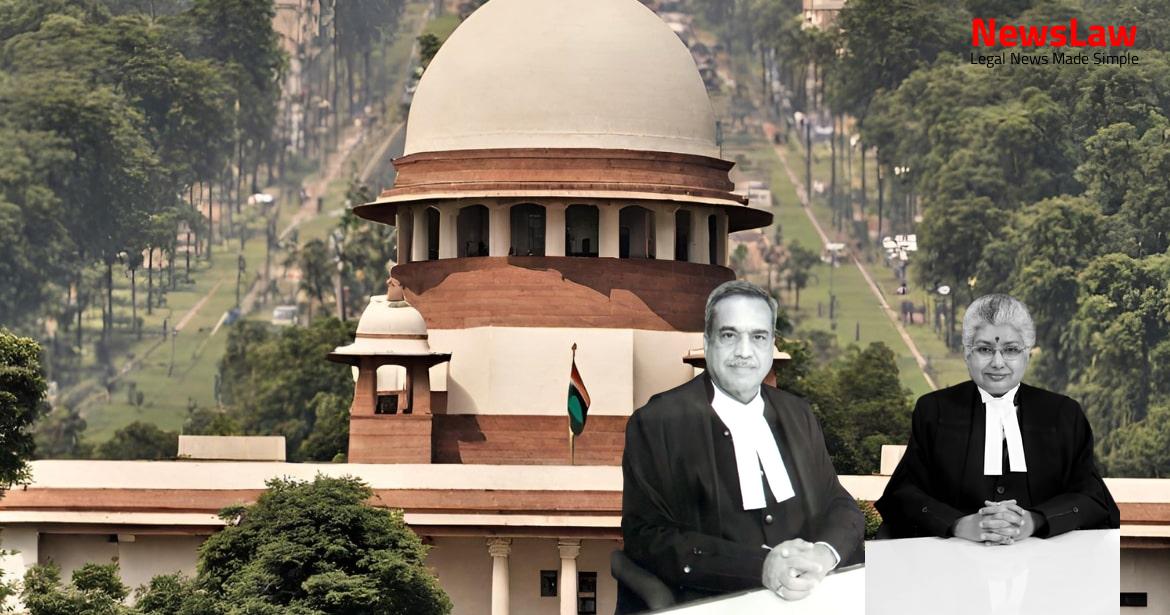Explore the intricacies of revisional jurisdiction as highlighted in a recent legal case analysis. The court’s legal analysis and interpretation of the proviso to Sub-section (9) of Section 83 shed light on the narrower scope of revisional jurisdiction compared to appellate court jurisdiction. The case delves into the importance of adhering to legal procedures and presenting pre-relied decisions, emphasizing the need for a thorough understanding of court jurisdiction for fair legal proceedings.
Facts
- Two civil revision petitions were filed before the High Court of Kerala under the proviso to Sub-section (9) of Section 83 of the Waqf Act, 1995.
- The appeals arose from cross-suits between the same parties regarding the management and administration of a mosque and its properties.
- In Suit No. 9 of 2004, Salafi Juma Masjid Mahal Committee and others sought a declaration and injunction against Salafi Trust and others.
- The Waqf Tribunal granted injunction but refused to declare a certificate void, citing registration under the Waqf Act and Babu’s position as Trust Secretary.
- The High Court, in the revision, issued a decree of permanent prohibitory injunction against the defendants, restraining interference with mosque management and institutions.
- In Suit No. 10 of 2004, Salafi Trust and A.K. Babu sought a declaration that Babu is the Trust Secretary and an injunction against Nazeer of the Mahal Committee.
- The Waqf Tribunal granted an injunction but not the declaration, leading to the appellants challenging the High Court’s decision.
- The third appellant in another civil appeal, who was a plaintiff in Suit No. 9 of 2004, did not challenge the Waqf Tribunal’s rejection of the declaration relief.
- Document No. 2, the subject of the declaration sought in Suit No. 9 of 2004, was a certificate issued by the CEO of Kerala Waqf Board in favor of Salafi Trust.
- The certificate confirmed the registration of Salafi Trust and its properties under Section 36 of the Waqf Act, 1995.
- The High Court’s judgment in the two civil revision petitions decreed the suit of the respondents but dismissed the appellants’ suit, leading to the civil appeals.
- The High Court allowed both civil revision petitions
- O.S No.9 of 2004 was dismissed completely
- O.S No.10 of 2004 was decreed as prayed for
Also Read: Undisclosed Conviction for Dharna Under Police Act Leads to Overturned Election
Arguments
- Learned senior counsel for the appellants argued that the High Court made findings on unframed issues by the Tribunal.
- The learned senior counsel pointed out that the High Court’s order goes against the law.
- The High Court’s order was considered to be contrary to law due to the independent appreciation of evidence and findings on unframed issues.
- The revisional jurisdiction mentioned in the proviso to Sub-section (9) of Section 83 was discussed as narrower than appellate court jurisdiction.
- The corporate status of the Mahal Committee was not mentioned in the plaint of O.S No.9 of 2004, even though it is a party in the case.
- Learned senior counsel contended that the proviso to Sub-section (9) confers a revisional jurisdiction upon the High Court, narrower than that of an appellate Court
- Shri R. Basant argued that the High Court exceeded its revisional jurisdiction by treating the matter as a regular appeal
Also Read: Critical Analysis of Legal Principles in a High-Profile Criminal Case
Analysis
- The Waqf Tribunal held plaintiff No.1 (Mahal Committee) to be a legal entity based on its affiliation with a registered society.
- The plaintiffs were criticized for not following the correct procedure in filing the suit, not attaching a schedule of property, and not filing in a representative capacity.
- The High Court decreed the suit in favor of the respondents as plaintiffs failed to challenge the management by the Salafi Trust.
- The failure of the Mahal Committee to file a revision against the rejection of their claim was deemed crucial.
- The certificate of registration issued under the Waqf Act to the Salafi Trust was considered significant in determining management rights.
- The plaintiffs’ failure to contest the certificate dated 24.03.2004 weakened their claim to management of the mosque.
- The Waqf Tribunal erred in not properly addressing the status of the Mahal Committee and in concluding they were entitled to sue.
- The appellants did not contest the rejection of the relief sought regarding the certificate, impacting their claim to mosque management.
- The pre-relied decisions are essential to be filed along with the petition or reply to facilitate the Court in understanding the case.
- Failing to file pre-relied decisions may result in rejection or dismissal of the petition or reply.
- The purpose of filing pre-relied decisions is to aid the Court in comprehending the legal issues involved in the case.
- The bye-laws may authorize certain office bearers to institute or defend a suit on behalf of the society.
- No appeal is permitted against decisions made by the Waqf Tribunal, as per subsection (9) of Section 83 of the Waqf Act.
- Under the Societies Registration Act, 1860, societies can sue or be sued in the name of specified office bearers or trustees based on the rules of the society. In the absence of a determination, a person appointed by the governing body can represent the society.
- Similar provisions exist in the Travancore-Cochin Literary, Scientific and Charitable Societies Registration Act, 1955.
- The High Court exercised its revisional jurisdiction correctly and justly
- Certain aspects in the impugned judgment were pointed out by Shri R. Basant, learned senior counsel for the appellants
- However, delving into each of these issues was deemed unnecessary
Also Read: Interpretation of Stamp Duty Provisions
Decision
- The appeals have been dismissed.
- No order to costs is to be made.
Case Title: P.NAZEER ETC. Vs. SALAFI TRUST (2022 INSC 369)
Case Number: C.A. No.-003132-003133 / 2016



